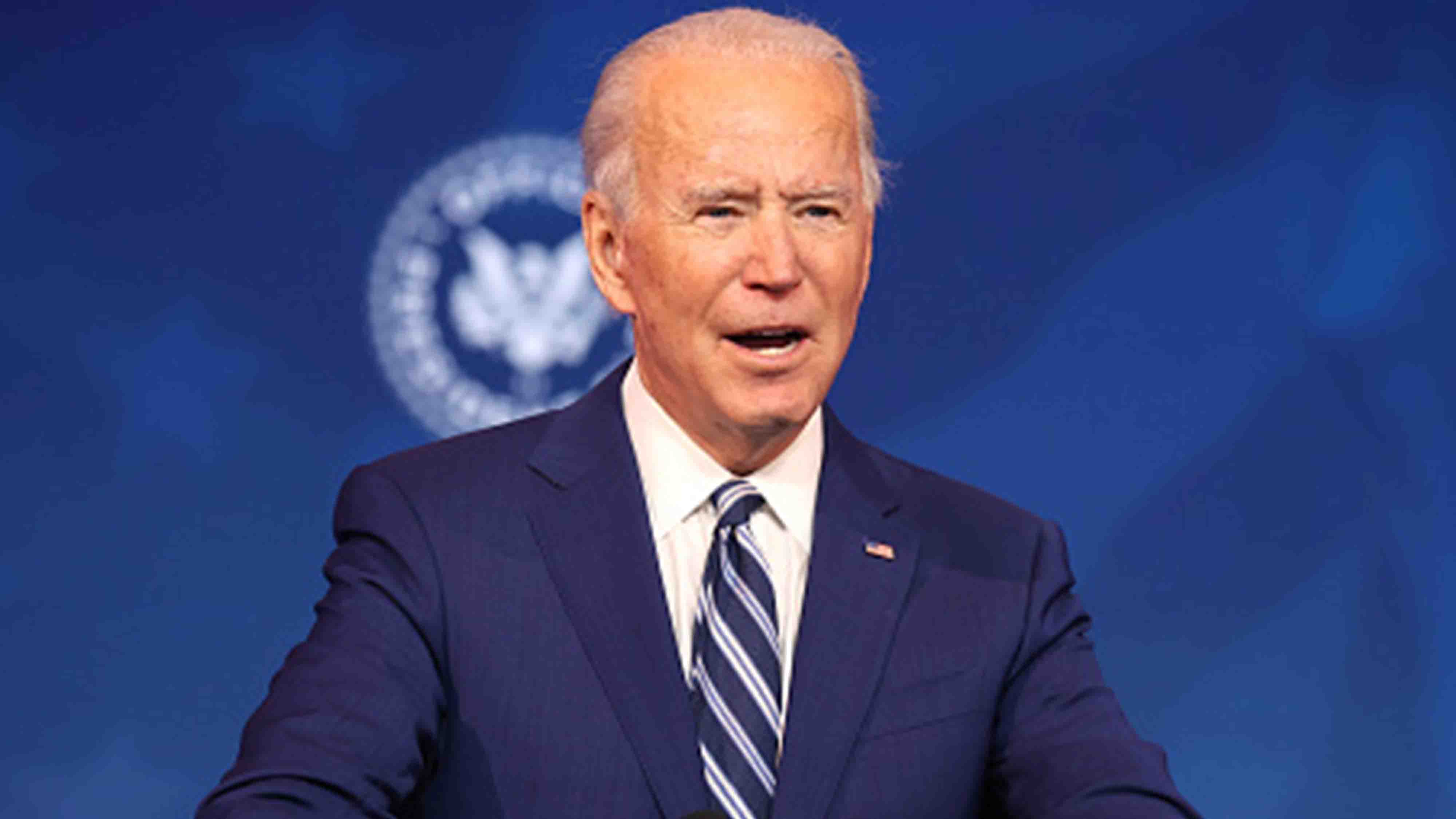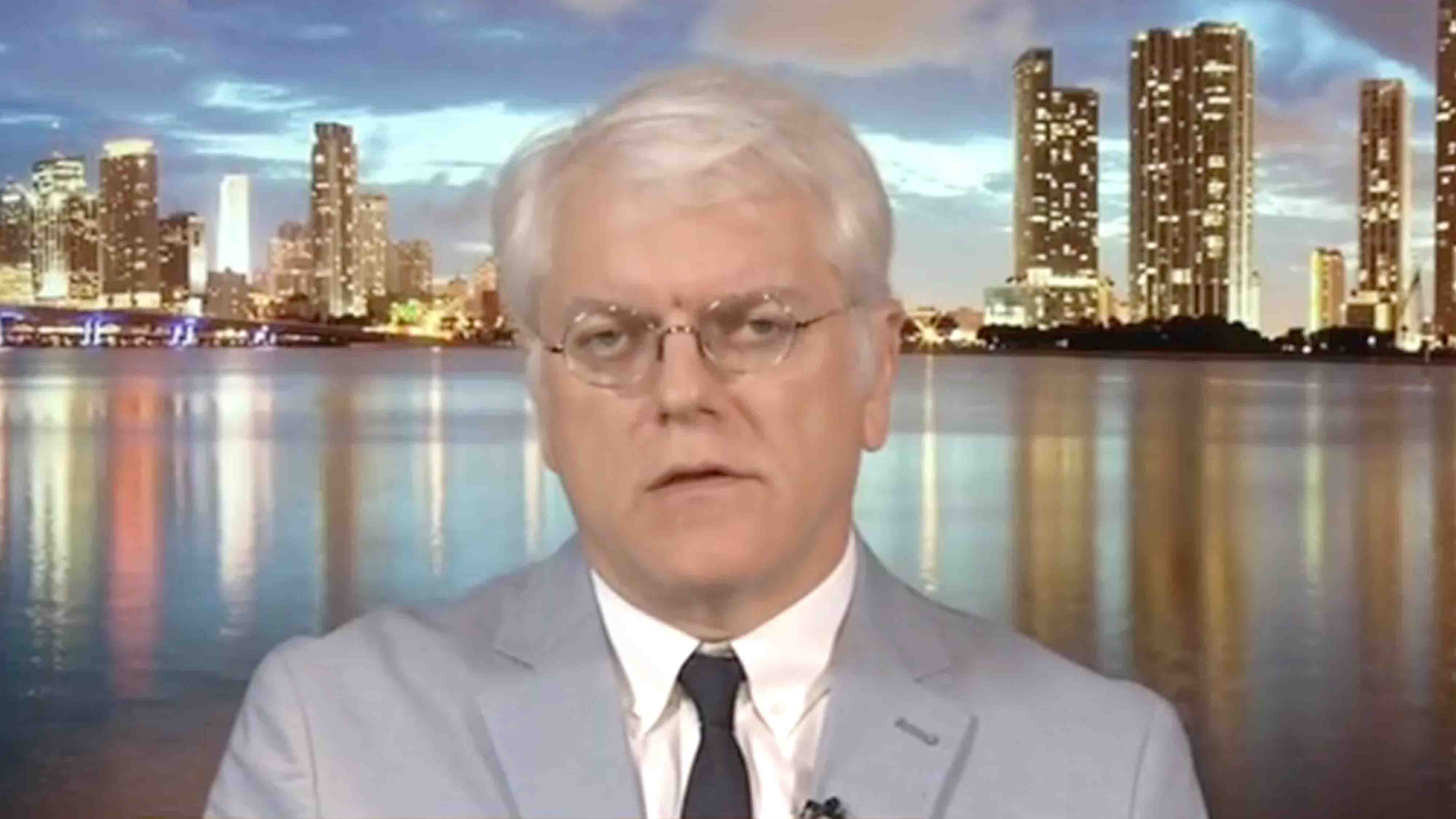01:33

China-U.S. relations have never been easy. And with less than two months to go before Biden's scheduled inauguration on January 20, the Trump administration seems intent on making them more difficult.
It is promoting fresh U.S. sanctions and bills against China in an apparent effort to take away flexibility for the new administration. So, how should China respond to the legacy, and the current actions, of the Trump administration? What will a Biden presidency mean for the China-U.S. relations? And how should China prepare itself for the incoming U.S. administration?
On Tuesday, the U.S. House of Representatives approved the 2021 U.S. National Defense Authorization Act (NDAAA), including two provisions supporting Taiwan. The parts of the bill related to Taiwan include a section calling for continued arms sales, a "timely review and response" to Taiwan's request for defense articles, and to expand the bilateral military partnership.
"The proposed elements in the NDAA bill is absolutely a violation of the three joint communiques between China and the United States. Therefore, the U.S. government is in violation of its commitment to China."
Victor Gao, chair professor at Soochow University, told CGTN Dialogue that the parts of the NDAA related to Taiwan issues would bring more trouble to the China-U.S. relations as well as the cross-Strait relations. Meanwhile, as Trump's time in the White House is running out, Gao hopes the new administration will do more to benefit both China and the U.S.
"Fundamentally, China and the Chinese people are not enemies of the United States or the American people, and we need to figure out the way to get along with each other," Gao said.
01:17

Josef Gregory Mahoney, professor of politics at East China Normal University, argues that the U.S. National Defense Authorization Act indicates a normalization of great power competition, which is consistent with Biden's statements about China, as Biden has said he sees China as a competitor.
"I think that what we're seeing here is a legal framework that is incrementally increasing the framework for great power competition," Prof. Mahoney added. "But on the other hand, I don't think we're seeing a clear move towards decoupling or Cold War 2.0."
Regarding final days of Trump's presidency, Robert Kelly, professor of political science at Pusan National University, noted that Trump currently spends most of his time arguing the election and overturning it. "I would be surprised if there's some big conflict with China in the next six weeks. That would be unlikely," Prof. Kelly stated.
Speaking of the prospect of China-U.S. relations after Biden takes office, Prof. Mahoney believes that there can be some cooperation between China and the U.S. on COVID-19 and climate change.
At the same time, these are key issues that Biden has singled out, and Biden has also emphasized the need to return to multiculturalism. So, working with China on these issues is both convenient and necessary.
But on the other hand, China and the U.S. have been working over the past few years to make both countries more independent technologically. Therefore, Prof. Mahoney thinks that we may see the tech war continue to advance in some ways in the future, and some aspects of economic decoupling may continue as well. But there could be a lot of room for cooperation between the two sides on COVID-19 and climate change.
"Above all, what we've seen in terms of his foreign policy team, there's a general orientation towards Europe, and a refocusing, actually a foreign policy towards Russia. That's said Biden has made it clear that China, and Asia in general, requires a special focus," Prof. Mahoney said.
"Dialogue" is a prime time English-language daily talk show on CGTN. The 30-minute program covers a wide range of domestic and international topics, providing a balanced and critical perspective on current affairs and analysis within the framework of cross-cultural and multi-disciplinary comparisons.
Schedule: Monday-Sunday
Time (GMT): 03:30, 11:30, 19:30
(If you want to contribute and have specific expertise, please contact us at opinions@cgtn.com.)

